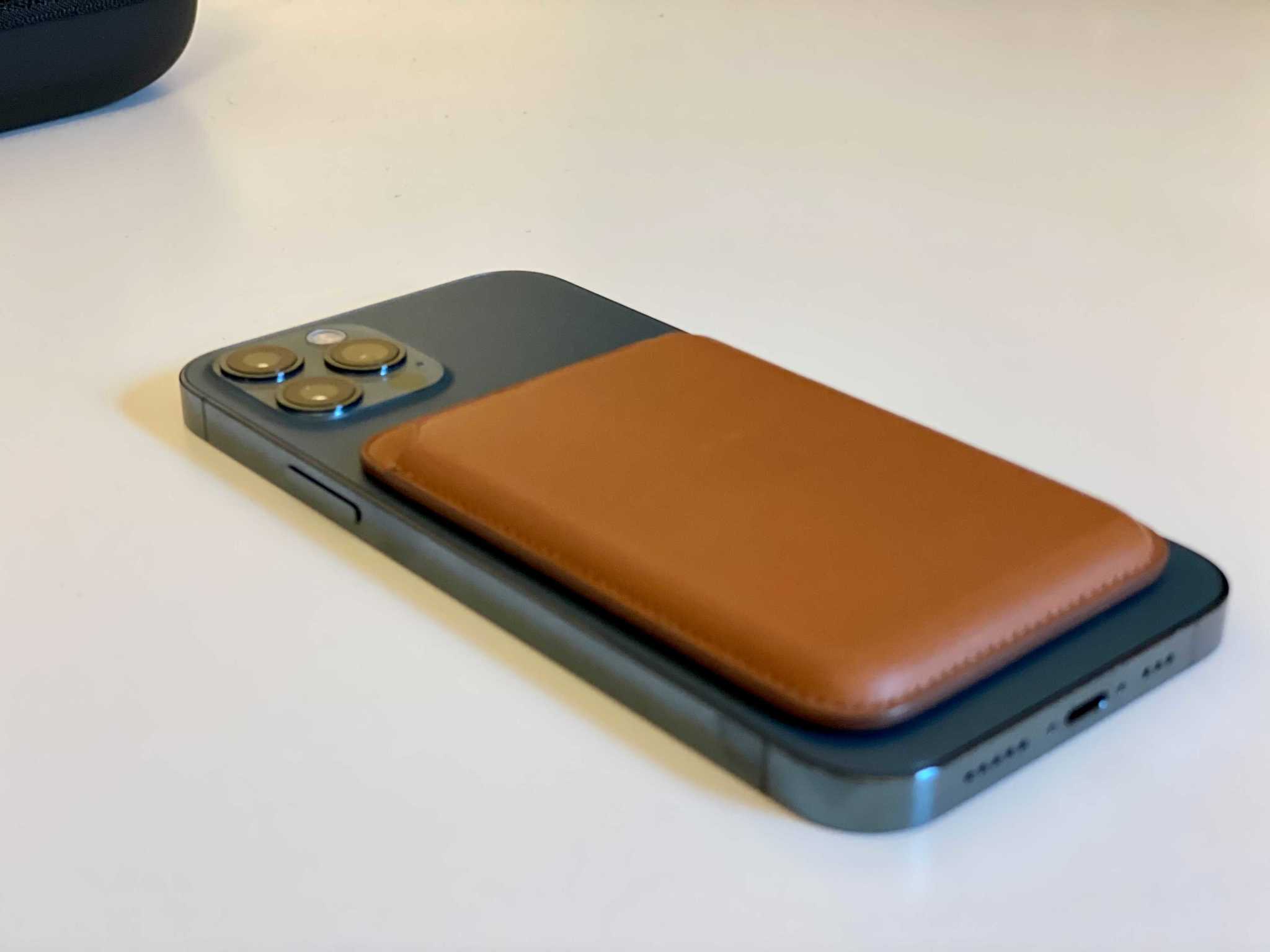"Apple's iPhone 12 Pro Max MagSafe technology can cause magnet interference on CIEDs and has the potential to inhibit lifesaving therapy."
What you need to know
- More research says that MagSafe in the iPhone 12 could be a danger to people with cardiac implantable electronic devices like pacemakers and defibrillators.
- The findings come from the Journal of the American Heart Association.
- Testing the iPhone 12 Pro Max, they found MagSafe "can cause magnet interference on CIEDs and has the potential to inhibit lifesaving therapy."
More research into MagSafe on the iPhone 12, specifically the iPhone 12 Pro Max, has confirmed that Apple's wireless charging tech "can cause magnet interference on CIEDs and has the potential to inhibit lifesaving therapy."
It comes from research published this week in the Journal of the American Heart Association. From the paper's abstract:
Magnet wireless charging is being utilized increasingly in current generation smartphones. Apple's MagSafe is a proprietary wireless charging technology with an array of magnets that has the capacity to generate magnet fieldstrength >50 gauss (G). We hypothesize that there is clinically significant magnet interference caused by Apple's MagSafe technology on cardiac implantable electronic devices (CIED).
The conclusion of the abstract states "Apple's iPhone 12 Pro Max MagSafe technology can cause magnet interference on CIEDs and has the potential to inhibit lifesaving therapy." In explaining the findings the report states:
Our study demonstrates that magnet reversion mode may be triggered when the iPhone 12 Pro Max is placed directly on the skin over an implantable cardiac device and thus has the potential to inhibit lifesaving therapies. Select devices from all three major device companies were found to have magnetic susceptibility.
The findings were described as having "several clinical implications", and the paper's authors say the report "highlights the importance of public awareness regarding an interaction between CIEDs and a recently released smartphone model with magnetic charging capability." The paper recommends patients "consult with a heart rhythm specialist regarding recommendations specific to their smartphone and CIED."
This is not the first piece of research on the matter, and Apple itself has acknowledged the risk that the magnets in iPhone 12 could pose to medical devices. From a support document:
Though all iPhone 12 models contain more magnets than prior iPhone models, they're not expected to pose a greater risk of magnetic interference to medical devices than prior iPhone models.
Medical devices such as implanted pacemakers and defibrillators might contain sensors that respond to magnets and radios when in close contact. To avoid any potential interactions with these devices, keep your iPhone and MagSafe accessories a safe distance away from your device (more than 6 inches / 15 cm apart or more than 12 inches / 30 cm apart if wirelessly charging). But consult with your physician and your device manufacturer for specific guidelines.







0 comments:
Post a Comment